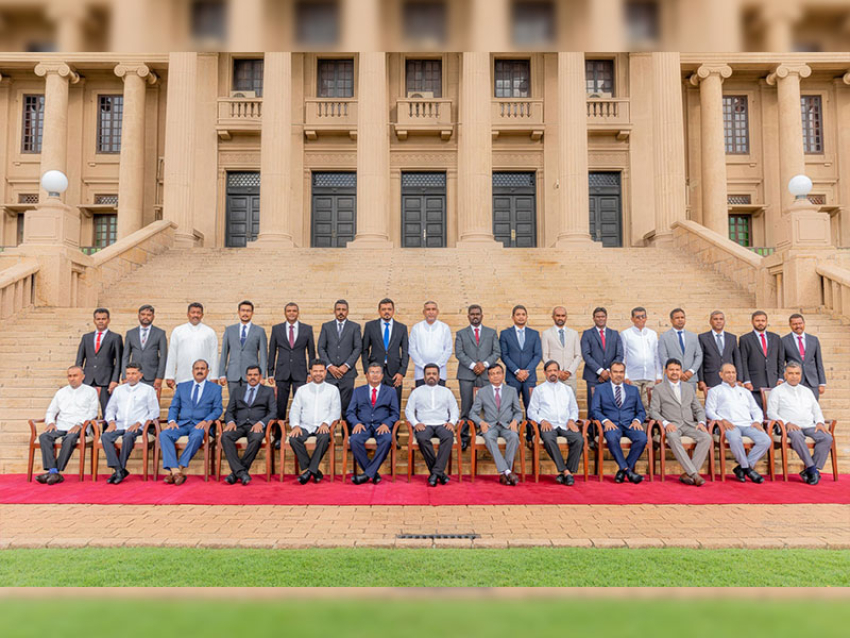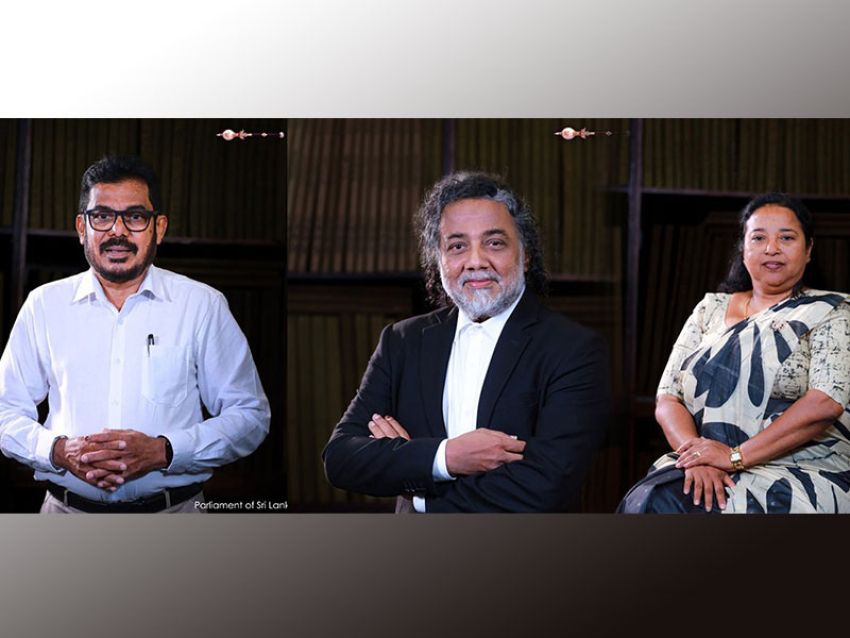Sri Lanka remains fully committed to advancing engagements with all its creditors in an equitable and transparent way. The meeting represented another important step towards securing International Monetary Fund (IMF) Board approval for Sri Lanka’s IMF program.
The State Minister of Finance, Mr. Shehan Semasinghe, said:
“Sri Lanka is at a critical stage, and we are seeking IMF program approval as soon as possible so that we can restore macroeconomic stability. We are grateful to our bilateral partners for their continued engagement and support during this process. The IMF program and our ambitious economic reforms will restore public debt sustainability, help protect the most vulnerable and restart our growth engine. This government is focused on re-establishing social and economic prosperity, and ensuring our citizens have access to critical public services.”
The Governor of the Central Bank of Sri Lanka, Dr. P. Nandalal Weerasinghe, said:
“The IMF program and economic reform agenda will reconstitute Sri Lanka’s financial buffers. I thank the official creditors for joining this productive meeting where we were able to discuss Sri Lanka’s current financial position and progress on reforms.”
Sri Lanka reached a Staff-Level Agreement with the IMF on a four-year program supported by the Extended Fund Facility on 1st September 2022. The program, amounting to USD 2.9bn, is expected to restore macroeconomic stability and debt sustainability while protecting the vulnerable and safeguarding Sri Lanka’s financial system. This agreement remains subject to IMF Executive Board approval.
The IMF program has been centred around Sri Lanka’s ambitious reform program. The government’s reform agenda is based on four pillars:
1. The first pillar is fiscal reform. The program foresees the implementation of ambitious revenue-based fiscal consolidation measures, combined with revenue administration reforms and the introduction of fuel and electricity pricing mechanisms to minimize fiscal risks stemming from SOEs. It also includes the enhancement of existing social safety nets to protect the most vulnerable;
2. The second pillar will be to restore public debt sustainability. Sri Lanka’s debt situation has been deemed unsustainable by the IMF and will need to be addressed by a comprehensive debt treatment;
3. Thirdly, the program will aim to restore price stability and rebuild external buffers. The government is committed to refraining from any monetary financing and the Cabinet will soon approve the Central Bank Act that will strengthen the Bank’s independence and modernise its policy framework;
4. The fourth pillar of the program is the safeguarding of financial system stability, a key condition to Sri Lanka’s economic recovery. This will be achieved by ensuring that Sri Lanka’s banking system is adequately capitalised and by strengthening the resilience and governance of its state-owned banks.
5. In addition to these pillars, the government will introduce a series of anti-corruption reforms that will align Sri Lanka’s legal framework with international standards and will implement broader structural reforms to unlock Sri Lanka’s growth potential.
For any domestic media enquiries, please contact This email address is being protected from spambots. You need JavaScript enabled to view it.
For any investor or international media enquiries, please contact This email address is being protected from spambots. You need JavaScript enabled to view it.
President Media Division (PMD)




















